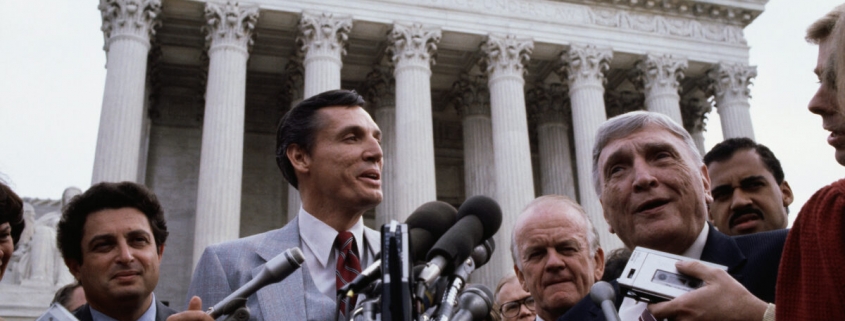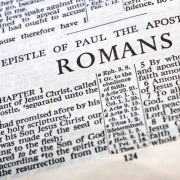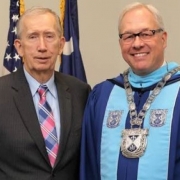Trump, Harvard and Bob Jones University: The resurrection of racism
This article originally appeared at Baptist News Global on April 21, 2025.
Donald Trump’s threat to revoke the tax-exempt status of Harvard University may be novel, but it is not new. It is, in fact, a resurrection of a previous kind of discrimination.
There’s one other time in American history when a private university lost its tax-exempt status, and that’s the school where I earned an undergraduate degree — Bob Jones University.
Although the effects of that decision — not instigated by a president but by the IRS — lingered during my time on campus, BJU and Harvard are mirror opposites. And the Trump administration’s threat against Harvard is rooted in the very idea that 50 years ago caused BJU to be targeted: The Lost Cause of segregation.
‘Separate but equal’
In the decades after the Civil War — with Abraham Lincoln dead and President Andrew Johnson backtracking on Lincoln’s Reconstruction promises to free slaves — American society began to segregate across racial and ethnic lines. In Louisiana, railcars had “whites-only” cars that prohibited Black passengers. Thus, when Homer Plessy, who had a mixed race heritage, sat in a “whites-only” railcar, the controversy went all the way to the Supreme Court, creating the landmark case Plessy v. Ferguson.
The high court voted 7-1 to affirm the Louisiana law that required separate railcars based on race, creating the “separate but equal” doctrine that justified Jim Crow laws and segregation across the South. The argument was that it wasn’t racist to prohibit Black people from integrating with white people because they were simply given separate spaces while considered equal in value.
And this separate-but-equal doctrine was rooted in wrongheaded biblical interpretation.
“It’s essentially the same argument we find in the modern complementarianism of the Southern Baptist Convention.”
It’s essentially the same argument we find in the modern complementarianism of the Southern Baptist Convention, where men and women are to have separate roles, while supposedly being considered equal in value. Because the Bible says so — even though it doesn’t.
In complementarianism, the separate roles just so happen to prioritize exclusive male authority and privilege, while keeping women in roles of submission and support — just the way Blacks were kept “in their place” before.
Eventually, the U.S. Supreme Court recognized the inequality of the “separate but equal” doctrine and ruled against segregation in public schools in the 1954 case Brown v. Board of Education.
But conservative Christians in the South didn’t change their beliefs just because the law changed.

On Feb. 12, 2016, Republican presidential candidate Sen. Marco Rubio, R-Fla., accompanied by South Carolina Attorney General Alan Wilson, center, and Oran Smith of the Palmetto Family Council, left, speaks during a Faith and Family Presidential Forum at Bob Jones University in Greenville, S.C. (AP Photo/Paul Sancya)
The rise of segregation academies
Because Brown v. Board of Education was limited to public schools, white parents throughout the South started creating private segregation academies.











Leave a Reply
Want to join the discussion?Feel free to contribute!